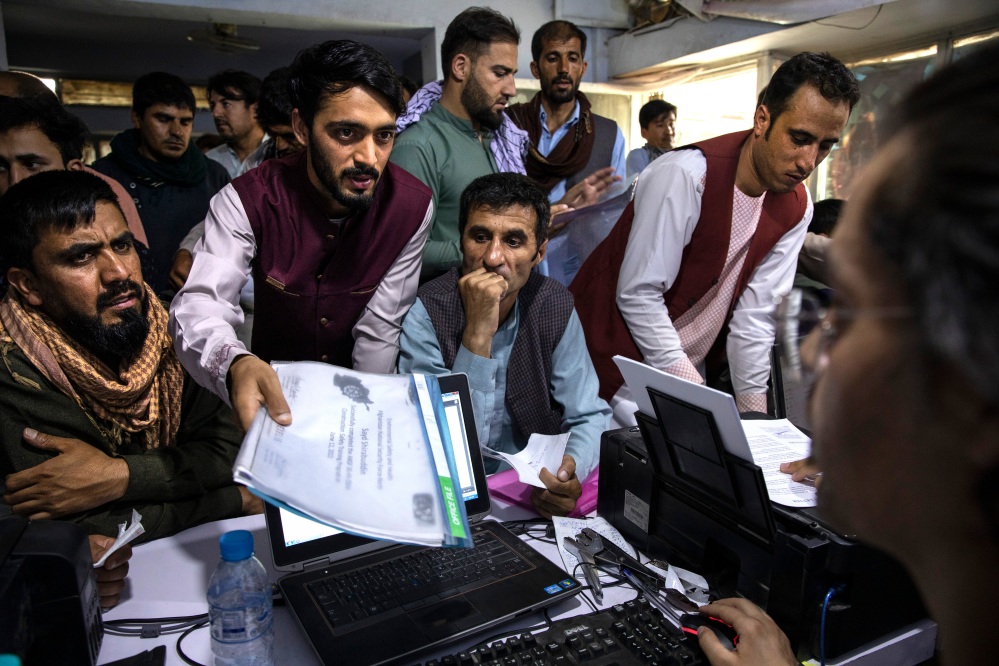CNN
Protests have erupted in Georgia this week after the country’s parliament passed the first reading of a draft law that would require some organizations receiving foreign funding to register as “foreign agents.”
It has been compared to a draconian set of laws adopted in Russia and condemned by rights groups as a bid to curtail basic freedoms and crack down on dissent in the country.
The developments have sparked mass unrest, with thousands of demonstrators gathering outside Tbilisi’s parliament building on Tuesday night, waving not just the Georgian flag but also that of the European Union.
The country, which won its independence from the Soviet Union in 1991, has long been playing a balancing act between its citizens’ pro-European sentiment and the geopolitical aims of its powerful neighbor, Russia.
In March 2022, Georgia applied for EU membership – an ambition that may be jeopardized by the proposed legislation.
Here’s a look at what the controversial law means for Georgia, and how it reached this point.
What’s in the bills?
According to Giorgi Gogia, associate director of the Europe and Central Asia Division at Human Rights Watch, there are two bills currently being discussed in Georgia’s parliament.
The first bill would require organizations including non-governmental groups and print, online and broadcast media to register as “foreign agents” if they receive 20 percent or more of their annual income from abroad.
Those who do not comply would face fines of $9,600 US dollars (25,000 Georgian Lari).
The second bill expands the scope of “agents of foreign influence” to include individuals and increases the penalties for failure to comply from fines to up to five years in prison.



Connect with us on our socials: